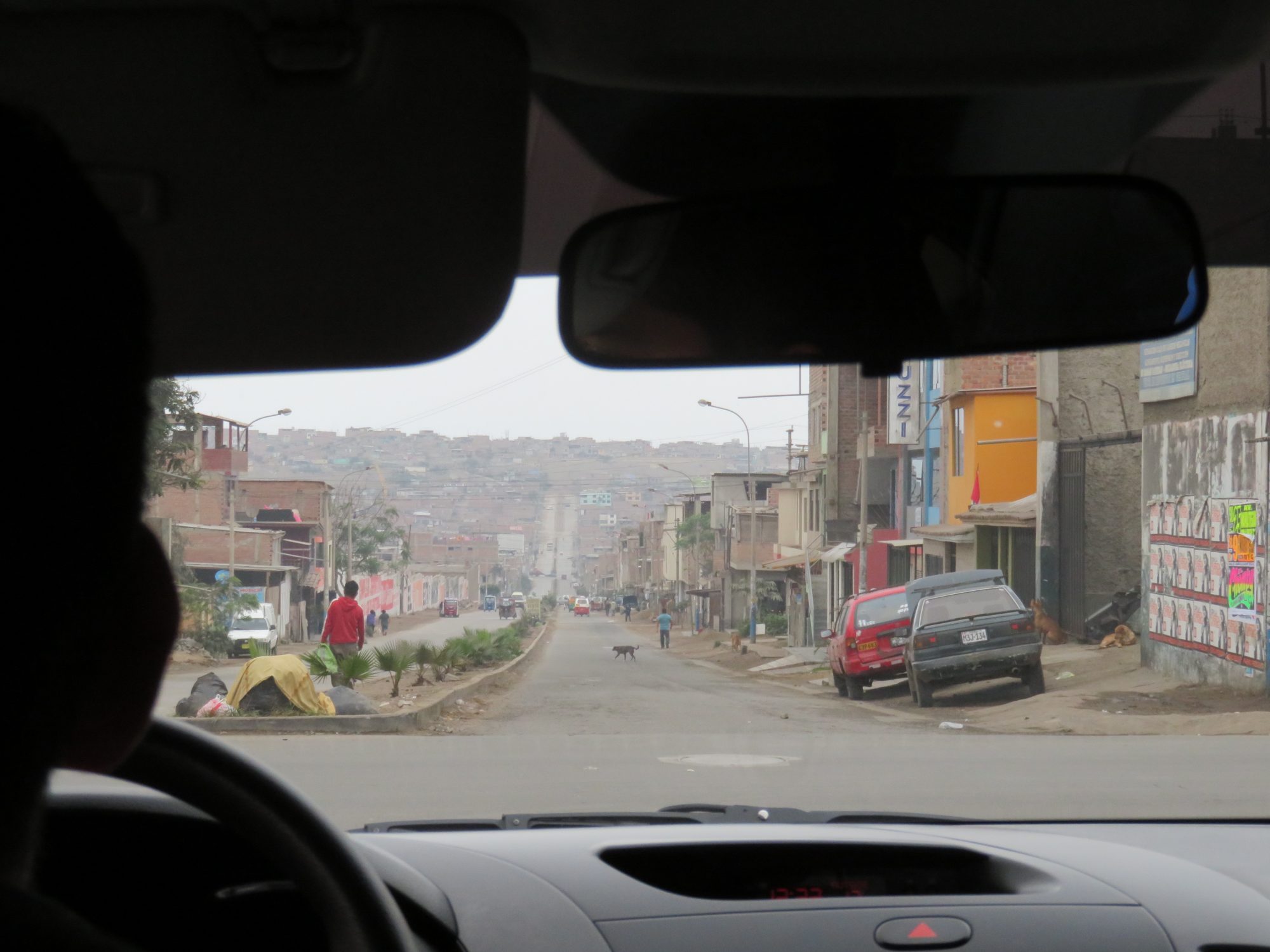I was sitting in my seat, on a plane en route to Lima, Peru to complete a social impact consulting fellowship when I realized I was in trouble. As I received my declaration form for Peruvian customs, I panicked, scanning the slip only to see that there was no English translation on the sheet. I turned to the woman next to me, only to quickly realize that she spoke no English and my very limited Spanish was not enough to form a coherent question. Luckily, with finger pointing and gesturing, we managed to get my customs form filled out correctly and I was on my way to Lima in no time.
I seek to challenge myself through new experiences and push myself out of my comfort zone as often as possible. This fellowship was exactly that; despite being a public health student, I had accepted an offer for a social impact consulting project. My work was with PADMA, a small non government organization (NGO) that provides mental health support to women and children in Lima’s low-income districts. As an intern, I was tasked with putting together manuals and other documents for the staff of PADMA, as well as the staff of a children’s shelter. I was also there to provide an outside point of view as a sort of consultant.
This internship introduced me to many new sectors: business, social work, and Spanish language. My Spanish skills were non-existent, and I had never done anything related to mental health before, so I knew that I would be facing a variety of challenges in this 8-week period. Although I was not quite sure what I was doing and whether I would be helping the PADMA staff accomplish its mission or creating more problems, I decided that I would be positive and simply try my best with every situation I faced. Luckily for me, I was also working with a fellow intern, Gaby, whose family is from Peru, so she spoke fluent Spanish and was aware of the various cultural norms. This was tremendously helpful for me, because I was introduced to many topics early and could adapt my ideas around these new surroundings. We were brainstorming ideas to offer more structure inside the shelter and thought about collaborating with another organization, however since volunteering is not a very common practice in Peru, this was not the most effective idea. Had I not been working with Gaby, I would have likely pursued the idea further and ended up wasting time on this inefficient track. I was also fortunate enough to have superiors in PADMA who spoke English and were fine with me submitting some deliverables in English.
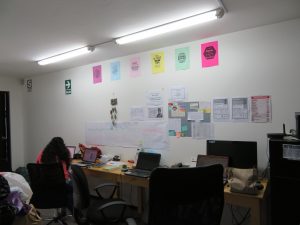
Our first project focus was to create a comprehensive manual for the staff of the children’s shelter, located in the shantytown called Villa El Salvador. PADMA had several documents that they had previously used to train the shelter staff, however they expressed a need for a more streamlined and organized approach. As we were going through the existing files, we also thought of several new ideas to incorporate into the new manual. Although my Spanish is almost non-existent, my knowledge of French paid off more than I expected, as I was able to read and understand a significant chunk of the material. I was grateful that I was not completely lost during this period of time at work.
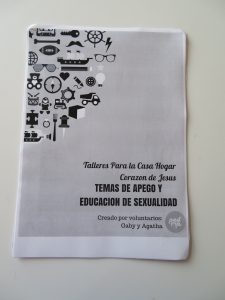
While we were in the office creating documents for half of the week, we also spent a significant time on-site in Villa El Salvador. Having the opportunity to see the work of the NGO in action was one of the lasting lessons that I learned in Lima. As someone who is passionate about non-profit work and development, it was a necessary experience for me to see how work in an office translates to changes in a target population and how it impacts real people.
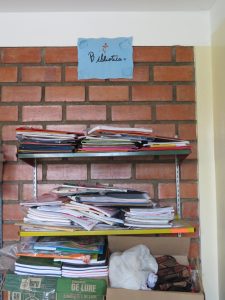
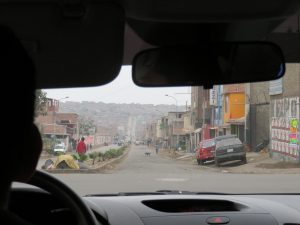
In our time on site, we learned from PADMA and non-affiliated staff members about gaps in the children’s knowledge of appropriate behavior and sexual education. As a result, my fellow intern and I decided to research and create a curriculum and manual for the staff to help them teach the children. Since new children can come into the shelter and current children can be moved to other shelters or homes, our approach was more sustainable than simply us, the interns, teaching the children for the 8 weeks that we were there for. Additionally, we hoped that by leaving the shelter documents and information, the staff would feel encouraged to discuss these important topics instead of ignoring them, or overreacting when a child is curious. We divided our lesson plans by genders and ages, so each group would be receiving appropriate information and would be comfortable asking questions.
One major thing I learned in Lima is to constantly reflect on and question work that I do and how it affects the people I am hoping to help. While people in the development sector may have the best intentions, it is of utmost importance that they have an understanding of local customs, ideas, and unwritten social rules and norms. It is a concept that many people distantly consider, but never truly keep themselves accountable to follow. It is easy to get caught up in ideas of how to fix the world, but adaptability is the key to accomplishing many of these idealistic visions.
